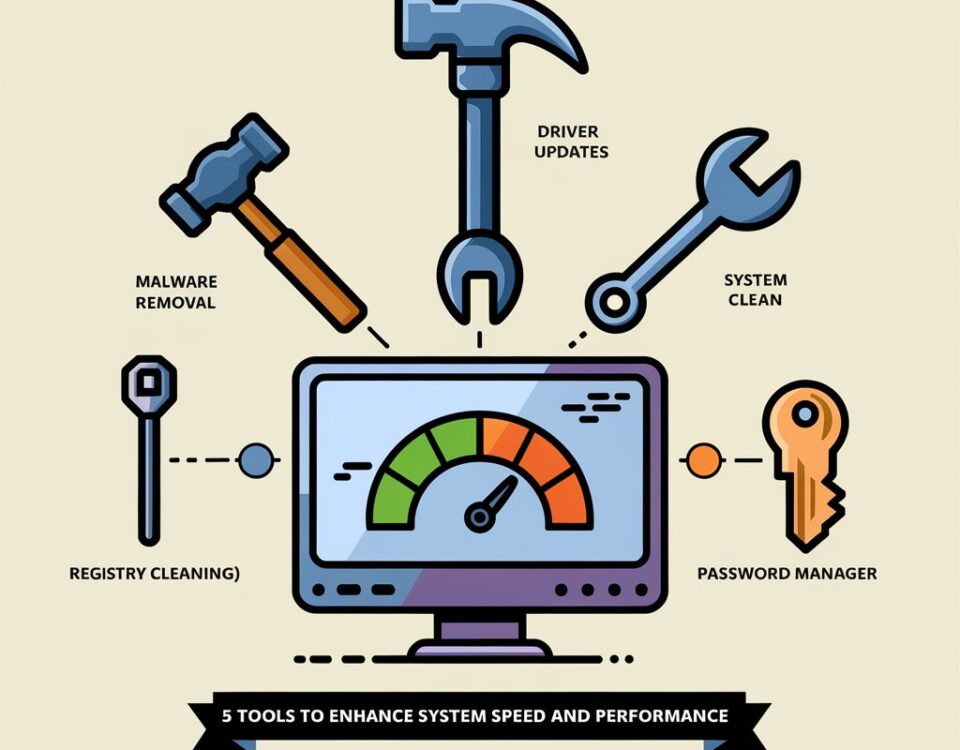
New Charging Algorithm for Li-ion Batteries:
September 11, 2024
New Fallout TV Series and Gaming Updates:
September 11, 2024Seattle, a city renowned for its technology-driven culture and innovative spirit, has become the home of a groundbreaking project— the “AI House.” This futuristic residence combines artificial intelligence (AI), smart home technology, and sustainable design principles to create a living space that adapts to its inhabitants’ needs and preferences. The AI House is not just a smart home; it represents a new era in residential architecture and urban living. In this article, we will explore the key features of the AI House in Seattle, its technological advancements, and the benefits it brings to its residents.
Key Features of the AI House
The AI House in Seattle is a model of next-generation smart living, incorporating several advanced technologies that work together to create an intelligent and adaptive environment. Here are some of its standout features:
- Advanced AI Integration: At the core of the AI House is an advanced AI system that continuously learns from the occupants’ habits, routines, and preferences. It uses machine learning algorithms to analyze data and make decisions that optimize comfort, energy efficiency, and security.
- Smart Home Automation: The AI House is equipped with state-of-the-art smart home devices that control lighting, temperature, security, entertainment, and more. These devices are seamlessly integrated with the central AI system, allowing for coordinated and automated management.
- Voice and Gesture Control: The AI system supports intuitive interfaces like voice commands and gesture recognition, allowing residents to interact with their home effortlessly. This integration provides a more natural and user-friendly way to control various aspects of the house.
- Energy Efficiency and Sustainability: The AI House is designed with sustainability in mind. It includes energy-efficient appliances, smart lighting systems, and solar panels. The AI optimizes energy consumption by learning usage patterns and automatically adjusting settings to reduce waste.
- Predictive Maintenance: The AI monitors the condition of various home systems, such as HVAC, plumbing, and electrical, and can predict potential issues before they become problems. This predictive maintenance capability minimizes the need for costly repairs and enhances the longevity of home systems.
How AI Transforms Everyday Living
The AI House takes the concept of smart living to a new level by creating a highly personalized and responsive environment. Here’s how AI transforms everyday life for residents:
- Personalized Comfort: The AI system adapts to the occupants’ daily routines and adjusts the environment accordingly. For example, it can regulate the thermostat based on personal preferences and weather conditions, dim the lights for a movie night, or wake residents with natural sunlight simulation.
- Enhanced Security: The AI House integrates advanced security features, including facial recognition, biometric access control, and real-time surveillance. The AI continuously monitors for unusual activity and can alert the homeowner or authorities in case of a potential security threat.
- Health and Wellness Monitoring: The AI House also focuses on health and wellness by integrating with wearables and health monitoring devices. It can track sleep patterns, suggest optimal sleep environments, monitor air quality, and even provide reminders for medication or exercise.
- Seamless Entertainment: The AI system controls a range of entertainment options, such as music, TV, and streaming services, creating a seamless entertainment experience. It can curate playlists or suggest movies based on previous viewing habits, making leisure time more enjoyable.
The Role of AI in Sustainable Living
One of the standout aspects of the AI House is its commitment to sustainability. With climate change becoming an increasingly pressing issue, incorporating green technology into modern living spaces is crucial. The AI House addresses this by:
- Optimizing Energy Use: The AI continuously learns from energy consumption patterns and optimizes heating, cooling, and lighting systems to reduce energy waste. For instance, it can lower the thermostat when no one is home or adjust lighting based on natural light availability.
- Reducing Carbon Footprint: By integrating renewable energy sources like solar panels and using energy-efficient appliances, the AI House helps reduce its carbon footprint. The AI system manages these resources to maximize their efficiency and minimize reliance on non-renewable energy.
- Water Conservation: Smart water systems monitor and control water usage to prevent wastage. The AI can detect leaks, adjust irrigation schedules based on weather forecasts, and promote water-saving practices among residents.
Challenges and Future Prospects
While the AI House in Seattle represents a significant leap forward in smart living, it also presents some challenges:
- Privacy and Security Concerns: With AI systems collecting and analyzing vast amounts of personal data, privacy is a major concern. Ensuring robust data protection measures and transparent policies is essential to gain users’ trust.
- High Initial Costs: The technology and infrastructure required to build an AI-integrated home are still expensive. However, as AI technology advances and becomes more accessible, costs are expected to decrease, making such homes more affordable.
- Need for Continuous Updates: AI systems need regular updates to stay effective and secure. This can be a challenge for homeowners who are not tech-savvy or do not have easy access to technical support.
Despite these challenges, the future of AI-integrated homes looks promising. As AI technology continues to evolve, we can expect smarter, more efficient. And more sustainable homes that adapt to human needs like never before.
Conclusion
The AI House in Seattle is more than just a smart home. It’s a glimpse into the future of residential living. By combining advanced AI, automation, and sustainable design, it offers a unique blend of comfort, efficiency, and security. As more people look for intelligent solutions to make their lives easier. And more eco-friendly, the AI House model could become the standard for future homes. With continued advancements in AI and smart technology, the possibilities for creating even more responsive. Personalized, and sustainable living environments are limitless.
Keywords: AI House Seattle, smart home, artificial intelligence, sustainable living, energy efficiency. Smart home automation, predictive maintenance, home security, future of housing.
The AI House represents a significant step forward in smart home technology, providing a roadmap for what the future of living could look like—one where homes are not just buildings but intelligent ecosystems that learn, adapt, and thrive with their residents.




